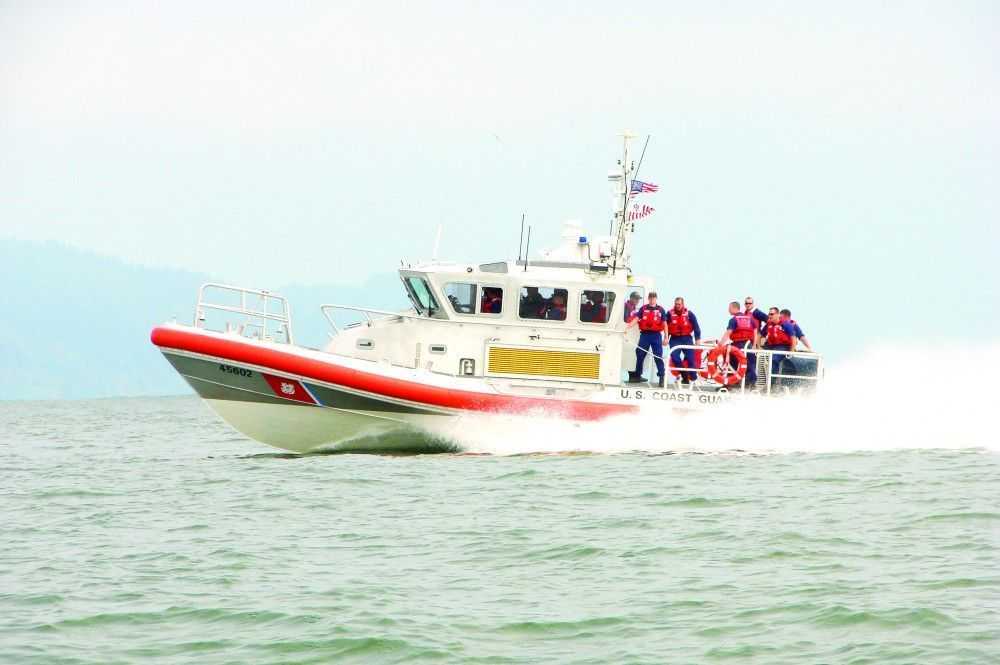Bill Aims to Curb Illegal, Unreported and Unregulated Fishing
By Capt. Will Ward:
Of all the issues affecting our ability to enjoy a good day on the water and healthy marine ecosystems, illegal, unreported and unregulated fishing, known as IUU fishing or “pirate fishing,” poses one of the greatest of threats. Pirate fishing is especially problematic-and infuriating-for those of us who care about fishing and marine life in the Gulf of Mexico and in the waters of the western North Atlantic, including the waters of The Bahamas. In case you aren’t aware of the situation’s gravity, here’s what’s going wrong.
Right now, members of Mexican smuggling syndicates are operating pangas in the U.S. waters of the Gulf of Mexico. It’s often the case that those small, swift boats come into our waters and take out red snapper, sharks and tunas, among many other species that are killed by their non-discriminating tackle of choice: deadly sets of longlines and gillnets. These same boats are sometimes associated with trafficking drugs and people into the U.S.
This poaching undercuts efforts to rebuild iconic species such as red snapper and bluefin tuna. It’s estimated that Mexican pirates kill more red snapper than the entire recreational fishing fleet in Texas. More than one million pounds of red snapper that rightfully belong to every U.S. citizen gets landed illegally in Mexico.
If those fish were left in the water, the Gulf red snapper population could rebuild even more quickly, leading to longer seasons and/or more generous limits on Gulf red snapper. After all, red snapper are managed as a Gulf-wide stock.
Pirated fish are also often imported into the U.S., where they undercut the businesses of honest U.S. seafood purveyors, who must follow strict rules about icing and caring for the product, and abide by labor laws.
Poachers steal directly from anglers far from the scene of the crimes. Most species of billfish and tuna caught in the Atlantic make long migrations to spawn in the Gulf of Mexico. The pelagic animals that fall prey to pirate fishing obviously will not help anglers win bluewater tournaments off the Treasure Coast, in The Bahamas or around the legendary canyons of the Mid
Atlantic.
The problem is acute in The Bahamas, where the U.S. Coast Guard teams up with the Bahamas Defense Force to enforce fisheries laws. The worst offenders come from Caribbean nations where fisheries have been wiped out. They raid the waters of The Bahamas with impunity, degrading fishing opportunities for residents and visitors.
Under existing laws, U.S. law enforcement can’t do much but confiscate the illegal fishing vessels and deport the pirates. Fortunately, the U.S. House of Representatives recently unanimously passed legislation that would allow for the arrest and prosecution of violators, putting the breaks on this revolving door of smugglers. In order to make prosecuting foreign pirate fishermen the law of the land, the Senate must pass The Illegal, Unregulated and Unreported Fishing Enforcement Act of 2015 bill by the end of this Congress. The new law should significantly curb poaching in U.S. waters, while positioning the United States to become a better partner in global efforts to stop this scourge on our oceans.
Capt. Will Ward is a board member of the Gulf Coast Leadership Conference
and a long-time charter/commercial operator based in Florida.
[easy-social-share]
